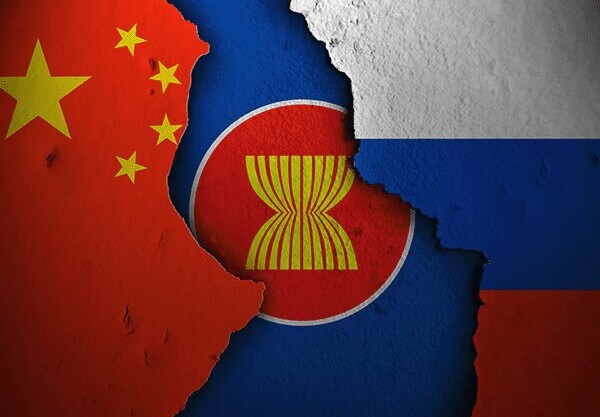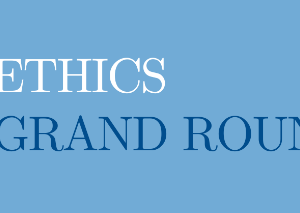
The Cold War, Russia-China Relations & the Making of Southeast Asia
Registration REQUIRED by 4pm on April 7, 2025 to attend this event.
Please join us for the latest convening of the the Borton-Mosely Distinguished Lecture Series, jointly sponsored by the Weatherhead East Asian Institute and the Harriman institute, The Cold War, Russia-China Relations, and the Making (and Unmaking?) of Southeast Asia featuring Bilahari Kausikan, Former Ambassador-at-Large in the Ministry of Foreign Affairs of Singapore. The event will be moderated by Andrew J. Nathan, Class of 1919 Professor of Political Science, Department of Political Science, Columbia University and Alexander Cooley, Vice Provost for Research, Libraries, and Academic Centers; Barnard College; Claire Tow Professor of Political Science, Barnard College; Harriman Institute, Columbia University
Southeast Asia is not a natural region but a geopolitical construct. Although most of its members now choose to forget or downplay this inconvenient historical fact, the Association of Southeast Asian Nations (ASEAN) which today more than anything else, defines the region, was profoundly influenced by Cold War dynamics as they played out in Southeast Asia. In its origins at least, ASEAN was in fact a Cold War organization. Within the broad framework of the Cold War in Southeast Asia, Sino-Soviet competition, manifest most starkly in the Soviet-backed Vietnamese invasion and occupation of Cambodia from 1979 to 1991, played a crucial role in giving ASEAN a clear purpose and direction after drifting for almost twenty years after it was established in 1967. But what does a Cold War organization do after the end of the Cold War? Furthermore, how does ASEAN operate after it expanded to include Vietnam, Laos and Cambodia which were mired in Cold War proxy civil wars and in which the communist or proto-communist parties emerged victorious? That Russia and China are no longer adversaries but in a close anti-western partnership that they claim is ‘without limits’ is a further complication. By examining these questions, this lecture hopes to provide a better understanding of how a much misunderstood regional organization operates and the challenges it faces.




